Are you curious about how the human body works? Are you passionate about making a difference in other people's lives?
Then maybe medicine is where you're meant to be.
No matter your goals or motivations, a degree in medicine gives you real-world skills and knowledge that can open doors to various careers in healthcare, research, and more!
Ready to find out if medicine is the right path for you? Let's go!
Why study medicine?
Make a meaningful difference by helping people live healthier and happier lives.
Medicine is an ever-evolving field that offers variety, challenge, and ensures you are constantly learning.
Apply science to solve real-world problems and improve health outcomes. The skills you gain can save lives!
A medical degree offers a wide range of career opportunities, with high-paying salaries and great job security.
Sound's amazing, right?

What will you learn in medical school?
There's more to medicine than just science. Studying medicine will equip you with a wide range of skills and knowledge, including:
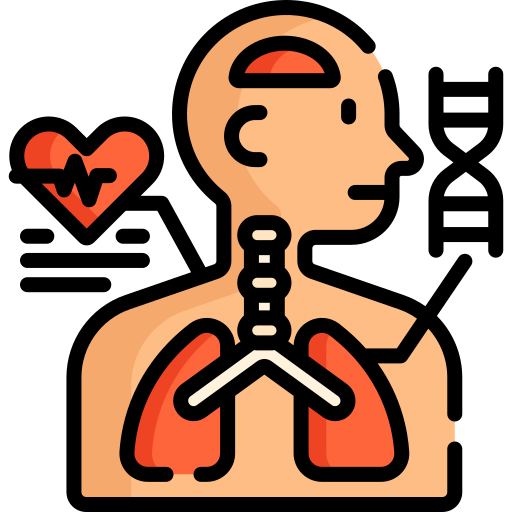
Anatomy and Physiology
Learn how the human body works, including muscles and organs.
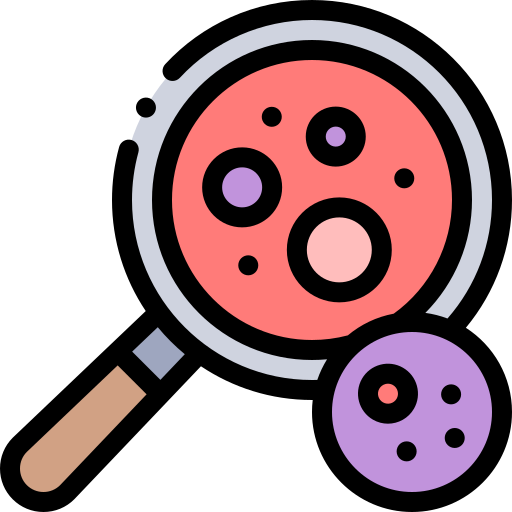
Histology and Pathology
Discover how the body's cells work and how diseases can damage them.
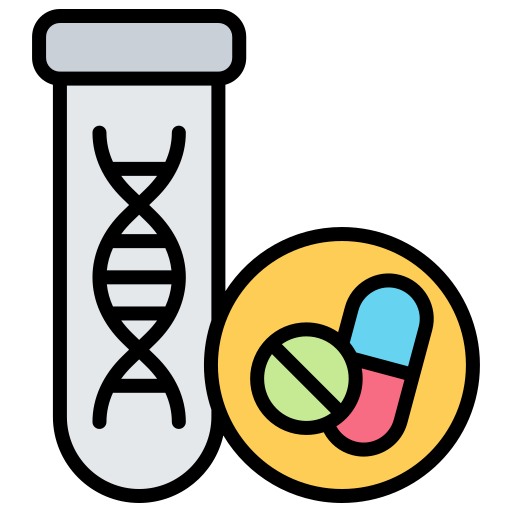
Pharmacology
Learn the science behind how medications work and their effects on the body.
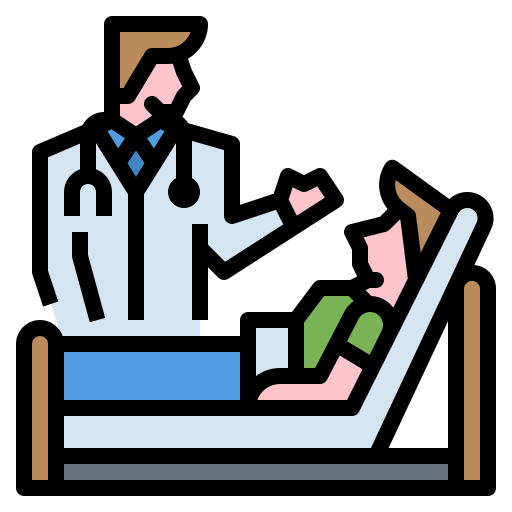
Clinical Skills
Learn how to perform patient examinations and basic medical procedures.
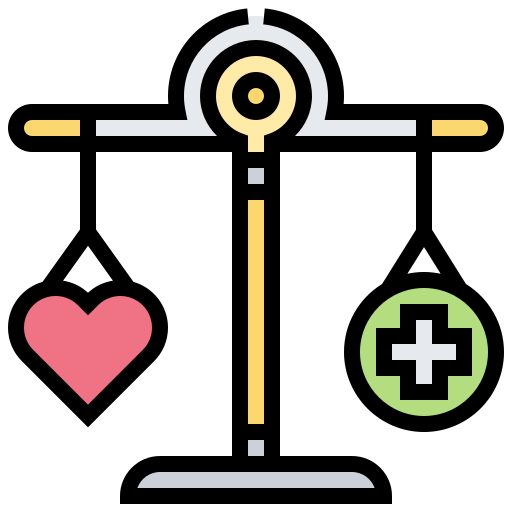
Ethics in Medicine
Dive into the ethical side of medicine and learn to make patient-centred decisions.
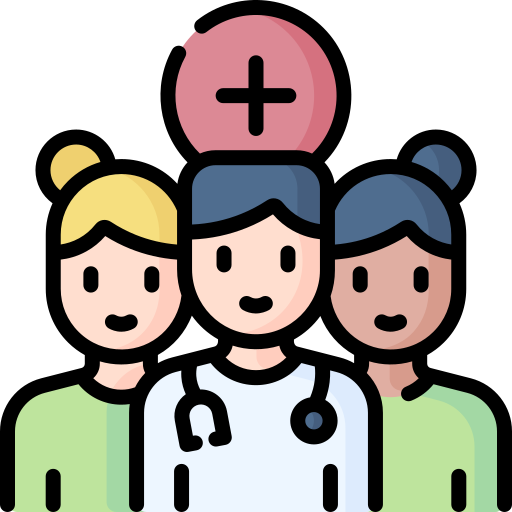
Communication and People Skills
Build the skills to work effectively with patients and other healthcare professionals.
What career paths can you follow?
A medical degree can open up doors to many career paths!

Here are just a few examples:
Primary care physician: Provide general healthcare and treat common illnesses, such as high blood pressure.
Surgeon: Perform surgical procedures, such as appendix removal.
Anesthesiologist: Administer anesthesia to prevent pain during surgery or medical procedures.
Cardiologist: Diagnose and treat diseases of the heart and blood vessels.
Rheumatologist: Diagnose and treat conditions affecting the joints, muscles, and bones.
Forensic pathologist: Perform autopsies to determine the cause and manner of unexpected, suspicious, and/or unnatural deaths.
Psychiatrist: Diagnose and treat mental, emotional, and behavioural conditions.
Medical researcher: Study diseases and find new ways to help improve and protect public health.
Whatever you choose, studying medicine provides you with the skills, knowledge, and experience to truly change or even save people's lives!
How should you prepare for medical school?
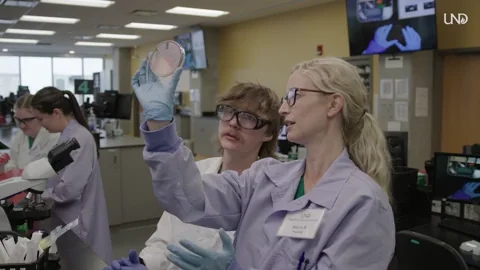
Define your goals: Think about what you want to achieve from the courses. Research different study options such as MD programs or programs with specialities (e.g., cardiology).
Get a bachelor's degree: Choose a degree in a field like biology, chemistry, or pre-medicine to build a strong foundation in science.
Take the MCAT: Take the Medical College Admission Test (MCAT), which is a key step for admission into many medical schools. Check out this helpful guide on how to prepare.
Consider the costs: Medical school can be expensive, so you'll need a plan to pay for your education. Look into scholarships, grants, or student loans for financial support.
How can you succeed in medical school?

Stay organized: Use planners or apps to manage your time and track deadlines. Create a weekly schedule where you block out time for studying, classes, and clinicals.
Learn how you study best: Try different study methods (e.g., flashcards, note-taking, etc.) to figure out what works best for you and stick with it!
Keep an open mind: Stay curious and ask questions if you are struggling with a topic or concept. Reach out to professors, classmates, or friends — they can be a great resource for help and information!
Seek opportunities: Join student clubs, study groups, and get hands-on experience by volunteering or taking part in internships. It's a great way to connect with new people and learn new skills!
Take care of yourself: Practise self-care and take breaks to prevent burnout. Make sure to eat well and exercise to stay focused and healthy.
Quiz Time!

Maya is interested in science and how the human body works. She enjoys learning about different diseases and treatments. She is considering a career where she can use her medical knowledge to help people who are unwell and improve their health.

Liam loves chemistry and biology. He is interested in how medicines work and dreams of working in a pharmaceutical company. He enjoys working independently on research projects, but is less interested in direct patient interaction.
Quiz
Who do you think should consider studying medicine?
Take Action
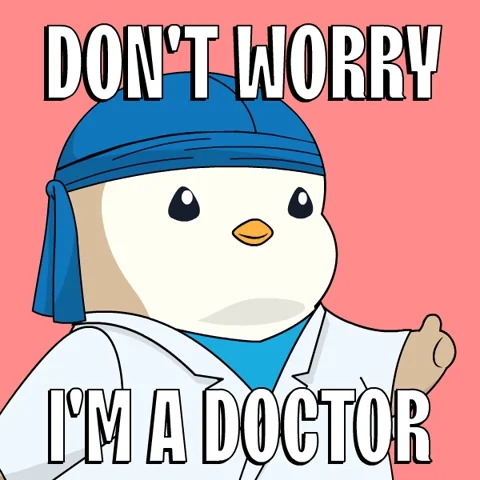
Your feedback matters to us.
This Byte helped me better understand the topic.

